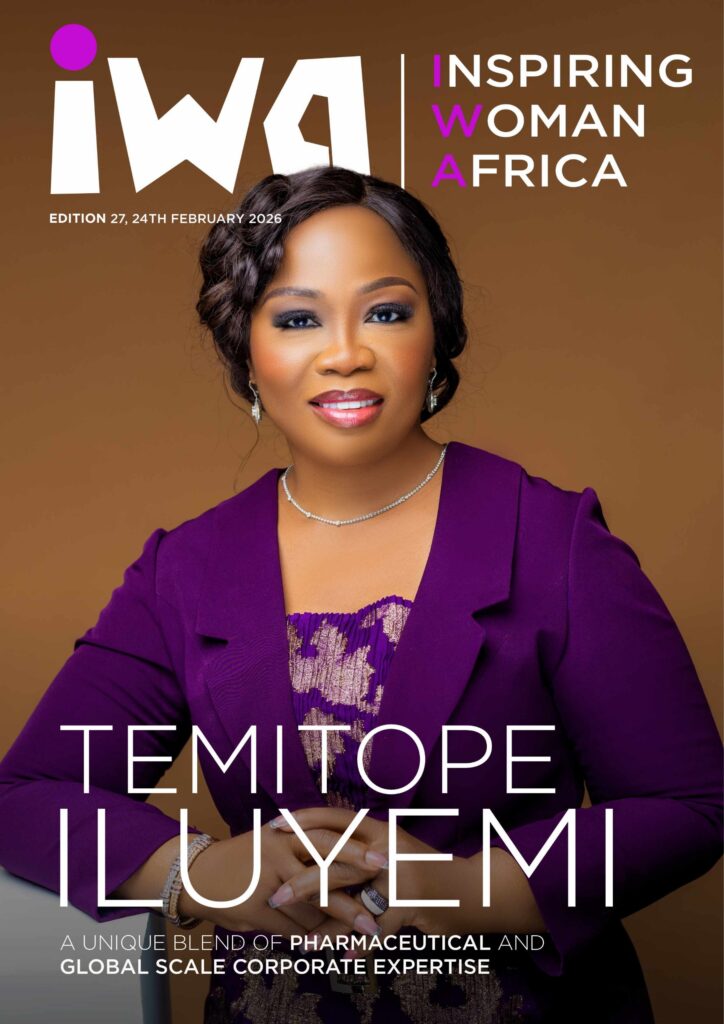
We often speak about women getting a seat at the table. It is a popular phrase empowering, symbolic, and ambitious. And yes, it matters. Representation matters. Visibility matters. Access matters.
But I have come to learn that having a seat is not the final goal. What matters is what you do when you get there.
Real power is not about posture, title, or even presence. It is about influence. It is about responsibility. And it is about what you carry when no one is clapping and no one is watching.
Because true leadership is not about having power. It is about knowing how to steward it.
Power as Stewardship, Not Possession
In today’s world, power is often pursued like a prize. Something to own. Something to wield. But power in the hands of the unhealed, the insecure, or the self-serving can be dangerous. Not just to others, but to the soul of the leader herself.
As Christian women in leadership, we must remember: we are stewards, not owners. The titles we hold are assignments, not identities. The platforms we occupy are altars, not thrones.
This mindset changes everything. It means:
You do not dominate — you discern.
You do not manipulate — you mentor.
You do not compete — you cultivate.
The Weight You Cannot See
People often admire influence from afar, but they do not always understand the cost. The emotional labour of being a woman in power. The spiritual pressure. The constant battle between confidence and humility, between strategy and surrender.
The higher you rise, the lonelier it can become. And yet, the greater the requirement to stand in truth, to hold integrity, and to lead with conviction.
You can be the only voice of reason in a room full of noise. The only woman willing to say no when everyone else is nodding yes. The only leader who sees people, not just numbers.
That is power. But it is not always applauded.
Esther Did Not Just Wear the Crown. She Risked It
Queen Esther is one of the most powerful biblical models of female leadership. She had access, status, and position, but she did not confuse the crown on her head with the purpose in her heart.
When the moment came to speak up, she said: “If I perish, I perish.”
That is what real power looks like: not safety, but sacrifice. Not comfort, but courage. Esther did not just sit at the table, she shifted the outcome because she understood the purpose of her presence.
A Seat Is Not Enough
Many of us have been invited to rooms we once prayed to enter. But the danger is that once we’re there, we get comfortable. We silence ourselves to protect relationships. We play small to stay accepted. We forget that influence without impact is just image.
So I ask: What is the point of the seat if your voice is not used?
What is the point of power if you are not lifting others as you rise?
What is the point of leadership if you are not creating legacy?
Final Thoughts
Power is not just the ability to make decisions. It is the discipline to make the right ones, especially when they are unpopular.
So, if you have a seat at the table, well done. But now ask yourself:
Who are you speaking up for?
What are you building?
What will your presence mean for the next woman coming behind you?
Because in the end, we were not called just to occupy space.
We were called to transform it.
Wola Joseph-Condotti is the Group Managing Director/CEO of West Power & Gas Limited. A Harvard-trained lawyer and passionate advocate for faith-driven leadership, gender equity, and energy transition in Africa, she writes from the intersection of power, purpose, and personal growth.
Latest Posts
-
Feb 24, 2026 Busie Matsiko
-
Feb 24, 2026 Seven Money Moves to Make Today






